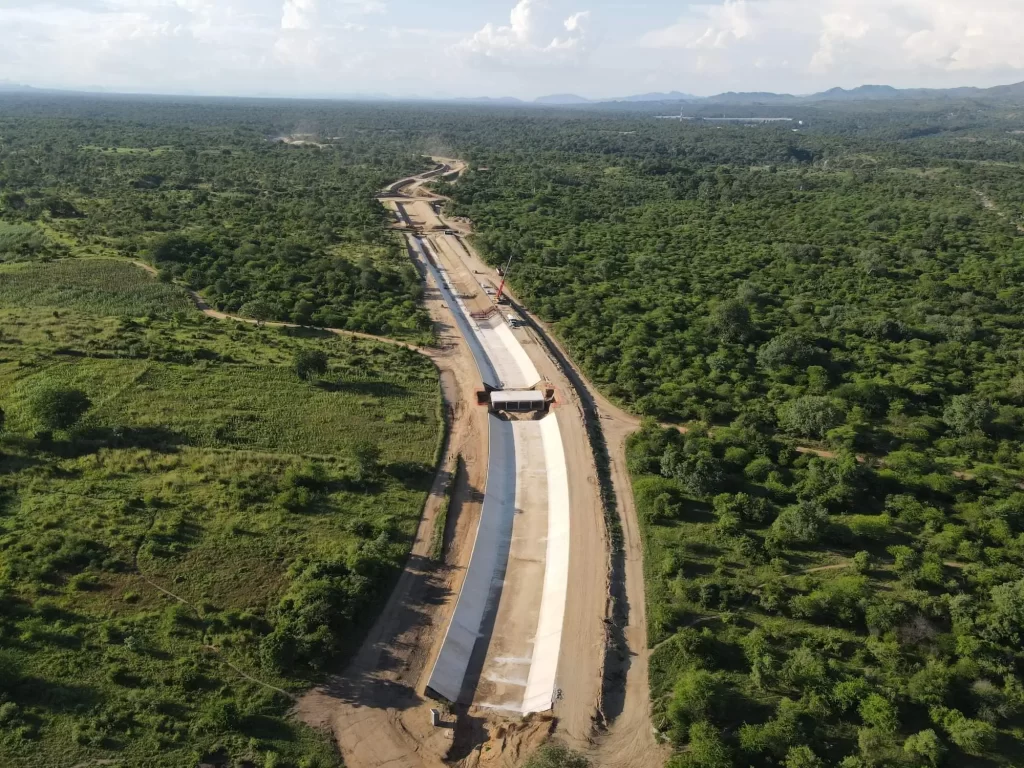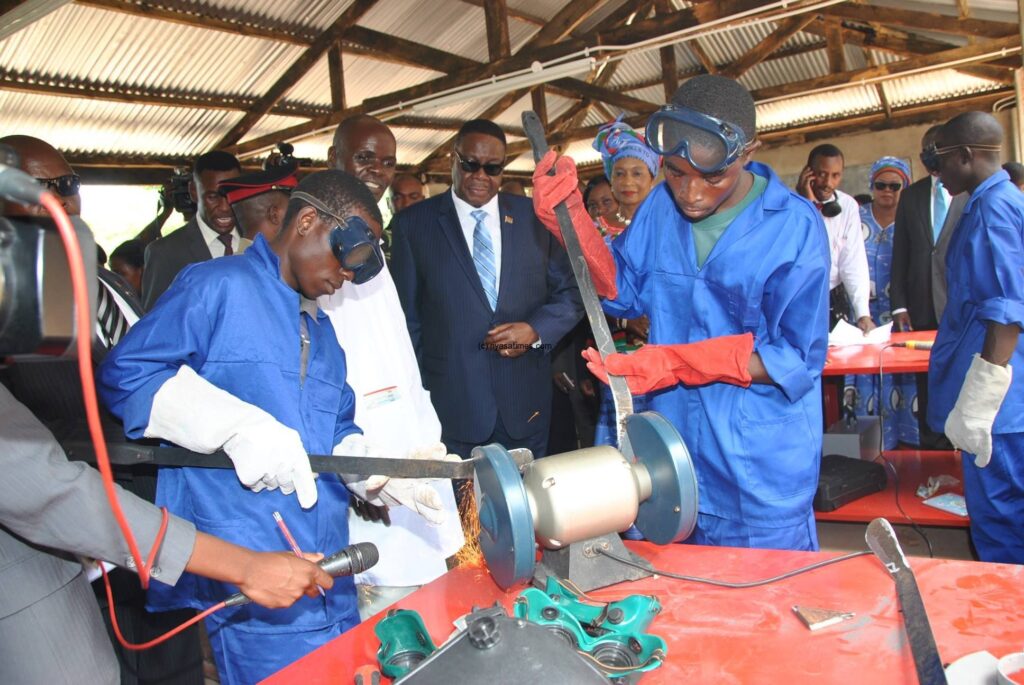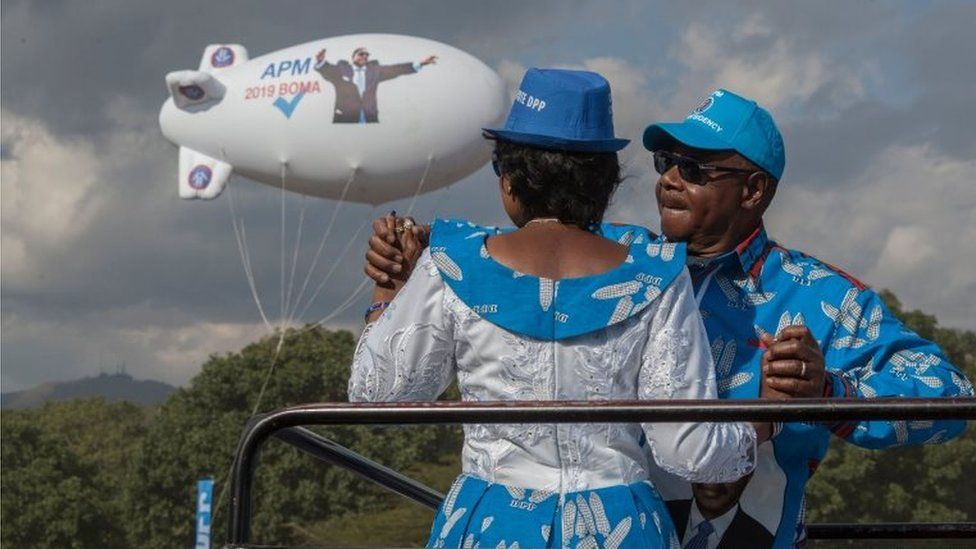By Dr. Benjamin Mbewe, Renowned Economist

Arthur Peter Mutharika, often underestimated and undervalued, left a legacy of substantial achievements during his tenure from 2014 to 2019, profoundly shaping Malawi’s economic landscape.
As the nation grapples with economic turmoil and a string of failed projects under the present administration, a reevaluation of Mutharika’s leadership becomes imperative, emphasizing the urgency for his return in 2025 to rejuvenate a nation in distress.
Mutharika’s presidency was characterized by visionary initiatives that transcended various sectors. His commitment to bolstering agricultural productivity through the Shire Valley Transformation Programme and modern irrigation systems fortified Malawi’s agricultural sector, enhancing resilience to climatic adversities.

Moreover, his comprehensive approach to education included the construction of secondary schools and the expansion of universities, ensuring broader access to quality education, while his initiatives in healthcare, exemplified by the construction of district hospitals and the expansion of healthcare facilities like the Kamuzu Central Hospital, underscored his dedication to improving public health.
The strategic focus on infrastructure development was central to Mutharika’s vision, with transformative projects such as the Nacala Corridor significantly enhancing transport connectivity and fostering economic growth.
Additionally, meticulous refurbishments of pivotal arteries like the M1 and the Nsanje-Marka Road underscored his commitment to fortifying Malawi’s transportation network, laying the groundwork for sustainable development.

Mutharika’s championing of vocational training through the establishment of community colleges further empowered individuals with the skills needed for economic success, highlighting his comprehensive approach to driving sustainable development and prosperity across Malawi.
It is a curious revelation that the current Tonse government, led by its eminent cadre, seems to have happened upon a rather intriguing insight: a substantial portion of their esteemed initiatives, purportedly heralding a new dawn of development, are not the fruits of visionary ingenuity but rather recycled endeavors from the annals of the previous regime.
In a striking display of continuity over change, it appears that the ‘new’ government is meticulously delving into the archives of the Democratic Progressive Party’s manifesto, embracing projects initiated under prior stewardship.
Take, for instance, the Crossroad-Kanengo road, a cornerstone of urban infrastructure development, which traces its origins back to the APM era. This roadway, amidst others, now finds itself repackaged and celebrated as a hallmark achievement of the Tonse Alliance.
Whether it be the ambitious city roads initiative or the socially-minded Mtukula Pakhomo program, the Tonse government’s touted triumphs are but echoes of yesteryears, a testament, perhaps, to the enduring legacy of the Peter Mutharika era.
Economic metrics under Mutharika’s tenure were notably robust. With GDP growth averaging approximately 4.5% annually and inflation rates maintained within single digits, Malawi witnessed a period of economic stability and growth.
Furthermore, fiscal discipline underpinned by effective deficit management bolstered macroeconomic equilibrium, fostering an environment conducive to sustainable development.
Mutharika’s negotiation of a six-year agreement with the International Monetary Fund (IMF) underscored international confidence in Malawi’s economic trajectory.
Conversely, the current economic landscape is beset by a litany of disappointments and unmet pledges. The much-touted Bridging Foundation deal, ostensibly promising $6.8 billion for transformative projects, has been exposed as illusory, casting aspersions on the government’s credibility.
Similarly, the East Bridge fertilizer arrangement, envisaged to yield $498 million in savings for Malawi, has unraveled, underscoring the administration’s ineptitude in managing critical agricultural endeavors.
These debacles have exacerbated economic woes, eroding public confidence and engendering widespread disillusionment.
In light of prevailing economic adversities and a trail of stalled initiatives, the exigency for leadership endowed with a proven track record of tangible development becomes unmistakable.

Arthur Peter Mutharika’s resurgence in 2025 holds the promise of revitalizing the economy, reinstating public trust, and realigning the nation with the path of sustainable development.
The imperative for change is underscored by the incumbent administration’s faltering attempts at realizing the developmental blueprint crafted by the Democratic Progressive Party (DPP) during Mutharika’s tenure. It is time for Malawi to embrace its past successes and usher in a future reinvigorated by the visionary leadership of Arthur Peter Mutharika.
Email for Feedback: benjamin.mbewe@gmail.com

